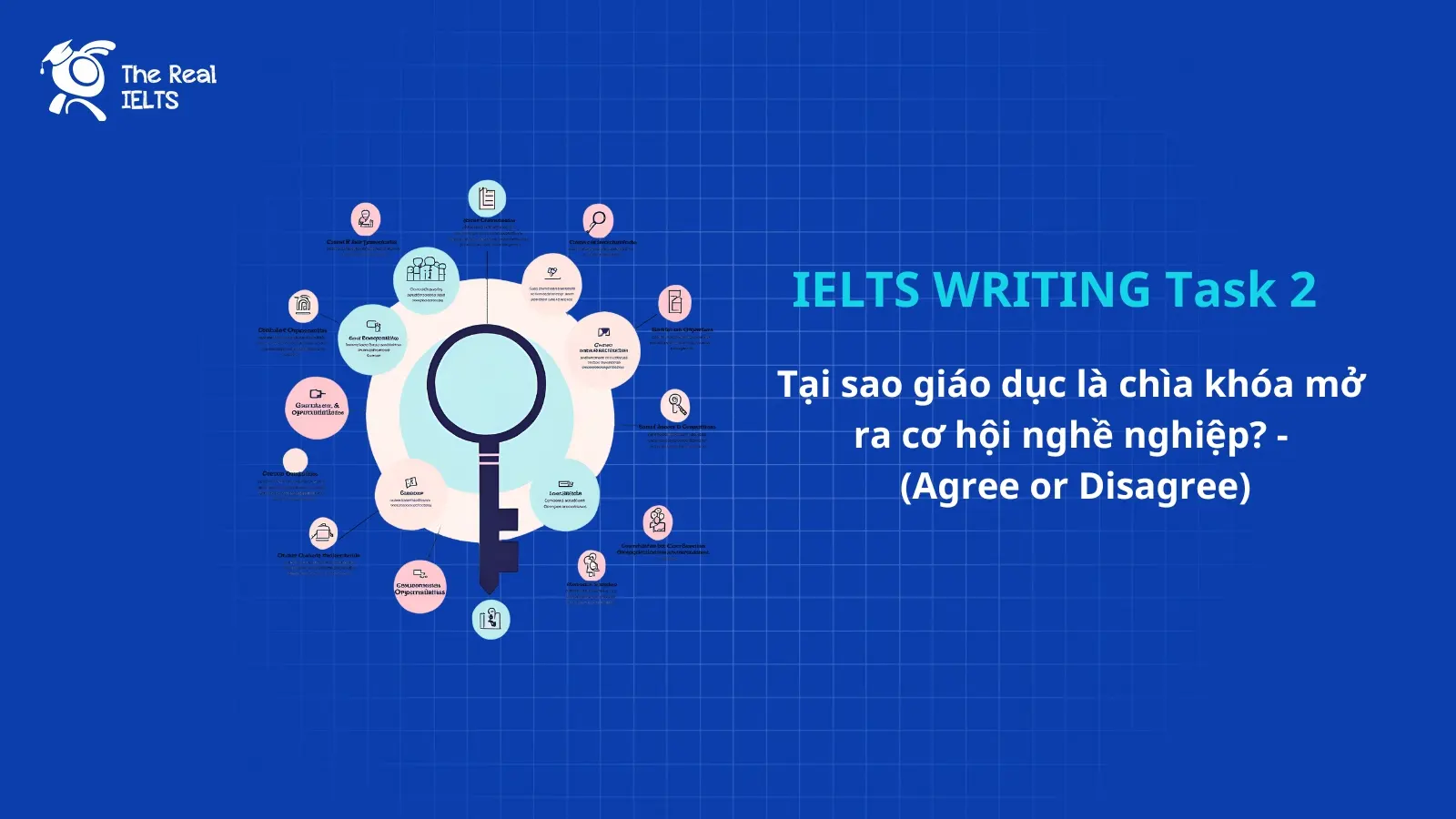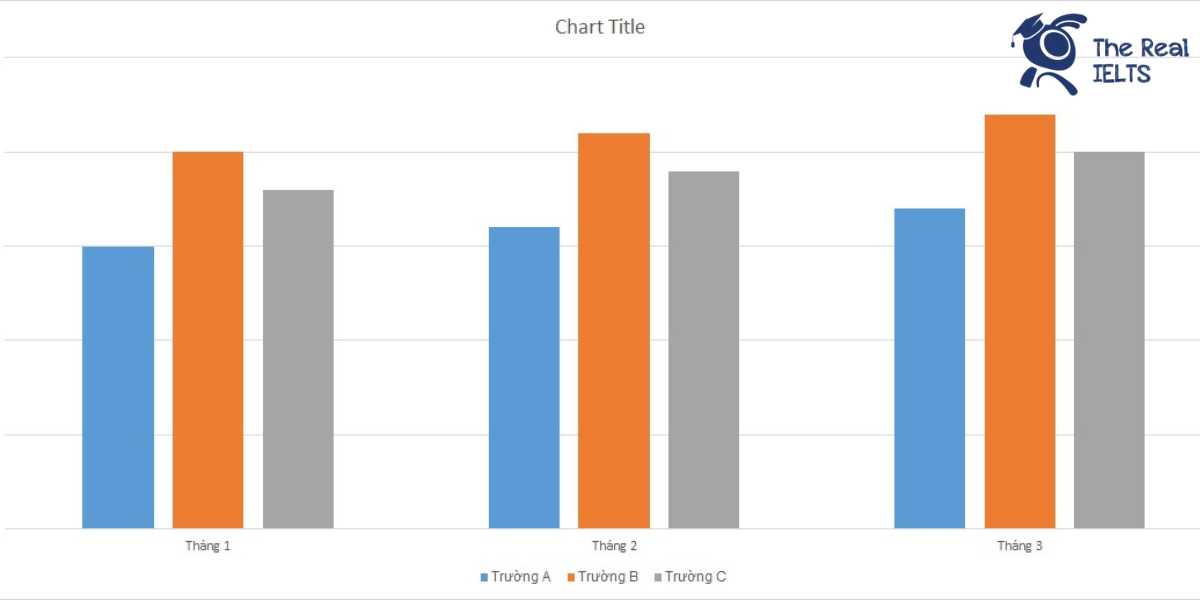Bài Speaking có chủ đề thảo luận về vấn đề ưu và nhược điểm của làm việc từ xa. Khi luyện tập bạn nên ghi âm lại bài Speaking của mình và sau đó so sánh với phần Speaking mẫu ở cuối bài viết này. Phát âm càng chuẩn và nói càng trôi chảy như bài mẫu thì bạn có thể đạt được yêu cầu phần nào.
Bài Speaking: Discuss the pros and cons of remote work
Exercise 1: Answering Questions
- Introduction Questions:
- What is your current opinion about remote work?
- I believe remote work offers a lot of flexibility and convenience, but it also has its challenges, such as potential feelings of isolation and difficulties in communication.
- Have you ever experienced remote work? If so, how was your experience?
- Yes, I have worked remotely during the pandemic. It was a mixed experience. I enjoyed the flexibility, but I missed the social interaction with my colleagues.
- What is your current opinion about remote work?
- Detail Questions:
- What are the main advantages of remote work for employees?
- The main advantages include flexibility in managing work hours, savings on commuting time and costs, and the ability to work from any location, which can improve work-life balance.
- What are some of the disadvantages that companies might face with remote work?
- Companies might face challenges such as maintaining effective communication, ensuring cybersecurity, and managing employee productivity and engagement.
- How has remote work affected productivity, in your opinion?
- Productivity can vary; some employees may find they are more productive without the distractions of an office, while others may struggle with self-discipline and the home environment.
- What are the main advantages of remote work for employees?
- Opinion Questions:
- Do you think remote work is sustainable in the long term? Why or why not?
- Yes, I think it is sustainable for many industries because technology continues to advance, making remote communication and collaboration easier. However, some roles will always require a physical presence.
- How do you think remote work has impacted work-life balance for employees?
- Remote work has generally improved work-life balance by allowing employees to spend more time with their families and reduce commuting time, though it can also blur the lines between work and personal life.
- Should more companies adopt remote work policies? Explain your reasoning.
- More companies should adopt remote work policies to offer flexibility and attract a wider talent pool. However, it should be balanced with opportunities for in-person collaboration to maintain team cohesion.
- Do you think remote work is sustainable in the long term? Why or why not?
Exercise 2: Discussing Scenarios
- Scenario 1:
- As a manager, I would implement regular virtual check-ins to monitor progress and provide support. I would also encourage team-building activities and create clear guidelines for remote work to ensure productivity and maintain morale.
- Scenario 2:
- Over the past year, I have developed a more flexible routine, allowing me to work during my most productive hours. However, I have also felt a sense of isolation and missed the spontaneous interactions with colleagues.
- Scenario 3:
- Promoting remote work nationwide could boost economic productivity by reducing commuting time and costs, but it might also widen the gap between employees who can work remotely and those who cannot, potentially leading to economic inequality.
Exercise 3: Structured Speech
Speech:
“Remote work, also known as telecommuting, has gained significant attention in recent years, especially due to the global pandemic. This work arrangement allows employees to perform their job duties from locations outside of the traditional office setting.
One of the major advantages of remote work is the increased flexibility it offers. Employees can manage their schedules more effectively, which leads to a better work-life balance. Additionally, both employees and employers can save on costs related to commuting, office space, and other overhead expenses. Moreover, companies can access a wider talent pool, as they are not restricted to hiring candidates from a specific geographical area.
However, remote work also presents several challenges. Employees might experience isolation and miss out on social interactions with their colleagues, which can affect their mental well-being. Communication and collaboration can become more difficult, potentially leading to misunderstandings and reduced efficiency. Furthermore, some employees might struggle with maintaining discipline and productivity without the structured environment of an office.
In conclusion, while remote work has its drawbacks, such as potential isolation and communication challenges, the benefits of flexibility, cost savings, and access to diverse talent make it a viable option for many companies. Personally, I believe that the advantages outweigh the disadvantages, but it is crucial to address the challenges to make remote work sustainable in the long term.”
Exercise 4: Interactive Discussion
Debate Example:
- Partner A (Pro Remote Work): “Remote work is the future of employment because it allows for greater flexibility, reduces commuting time, and enables a better work-life balance. It also helps companies save on office costs and access a global talent pool.”
- Partner B (Against Remote Work): “While remote work has benefits, it can also lead to isolation, decreased collaboration, and potential security issues. Not all jobs can be done remotely, and some employees might struggle with productivity without a structured environment.”
Exercise 5: Vocabulary Practice
Use the following sentences to practice the vocabulary:
- Telecommuting has become a common practice in many industries.
- Flexibility in work hours allows employees to better manage their personal and professional lives.
- Maintaining a healthy work-life balance is crucial for overall well-being.
- Some people find their productivity increases when working remotely.
- Others might feel isolation due to the lack of social interaction.
- Effective collaboration can be challenging without face-to-face meetings.
- Companies need to invest in cybersecurity to protect their data.
- Reducing overhead costs is a significant advantage of remote work.
- A hybrid model of remote and in-office work can offer the best of both worlds.
- Virtual meetings have become an essential part of remote work.
Bài Speaking mẫu Discuss the pros and cons of remote work
Đọc lại bài viết: Speaking Part 15: Describe your ideal vacation.














